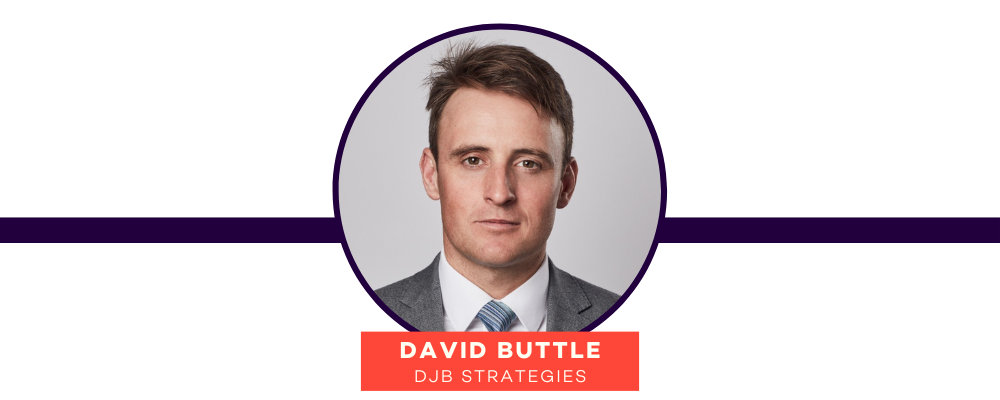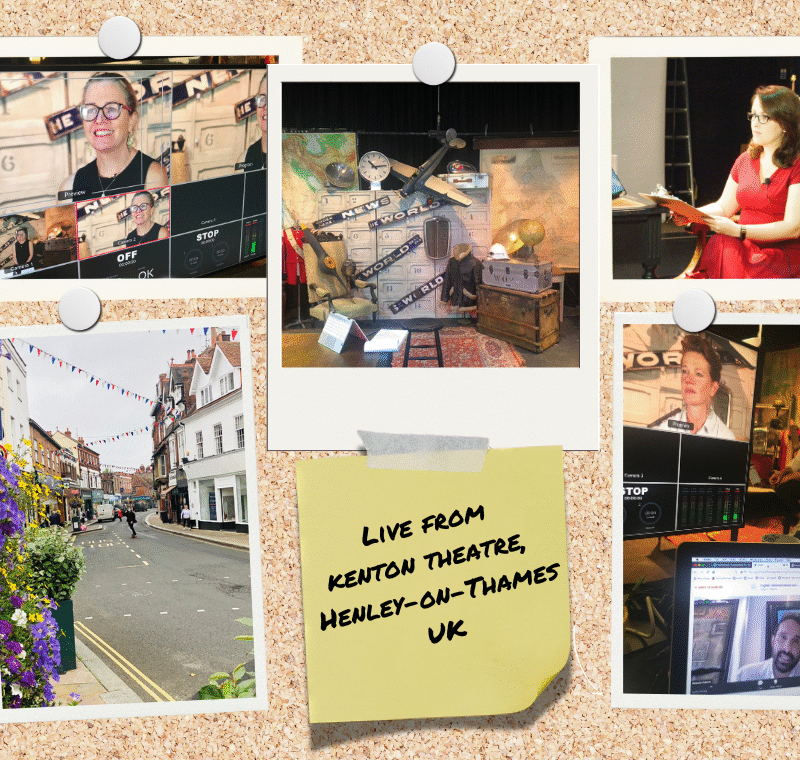AI, media, and the future: Insights from David Buttle
AI is changing the way media companies create, distribute, and monetise content… but how can publishers harness its potential while staying true to their core values? At the FIPP World Media Congress, David Buttle, Founder of DJB Strategies, will share his vision for the future of AI in publishing – here, he offers a glimpse of what’s to come.
What led you to found JB Strategies?
I decided to leave the FT, and at the start of last year, I was doing a couple of days a week for them while exploring other opportunities. I started getting some consulting work, and it picked up quickly. At the FT, I worked a lot on AI in my final year, particularly business model questions – licensing strategies, negotiations, and public affairs work with governments on IP controls. That expertise was in demand, and by summer, I decided to commit fully to JB Strategies. The business is now on a solid footing, with a clear focus: strategy for media and information services businesses, particularly regarding technology and big tech. A lot of my work involves Google, the future of search, AI’s impact on media business models, and AI risk. There was a real need for that expertise in the market.

Are you comfortable covering that space?
Yes, though it’s a fast-moving space, so staying on top of developments is crucial. But I’ve found where I can add value and what I want to be spending my days doing. That’s happened relatively quickly, and it’s a good place to be.
How is AI impacting media business models?
There are two key aspects. First, deploying AI to improve efficiency – content generation, surfacing content to users, marketing, customer service. The risks are understood, and the industry is coalescing around principles on where it’s acceptable to use AI in content production. The second aspect is business models and content distribution. Consumer behaviour is shifting – people are using AI tools instead of Google. Traditionally, users searched on Google, clicked publisher links, and publishers monetised through ads, subscriptions, events, or affiliates. That journey is being disrupted as consumers turn to ChatGPT – or similar, and as Google integrates AI-generated answers.
The effectiveness of AI responses varies. For high-stakes queries, like medical advice, users are less likely to trust AI outputs. But for lower-stakes queries, AI often provides better answers. Publishers need to understand these distinctions and how they affect their content strategies.
The impact on publishers is significant. They’ll need a dual strategy:
- Direct Audience Relationships – Creating content AI won’t replace, making their sites destinations, and monetising through ads, subscriptions, and other revenue streams.
- Licensing – Providing content for third-party AI applications. Defining the balance between these two models is key. AI adoption is happening incredibly fast – faster than social media. While we don’t know exactly how the future will look, we can identify likely landing zones.
Is that what you meant when you said Google’s AI model is “bleeding news media dry”?
Yes. Google is leveraging existing relationships with publishers from the search era, where the value exchange was clear: publishers provided content, and in return, Google drove traffic. But in the AI era, users get answers without clicking through, so publishers lose traffic and revenue while Google benefits.
Google is using its position in search to gain an unfair advantage in AI, essentially de-monetising publisher content. This shift has changed its relationship with the news industry from “benevolent dictator” to near-outright hostility. Google’s recent research attempted to show how little value news brings to its platform, which reflects a significant shift in attitude.
In the short to medium term, how serious will this impact be?
It’s already serious. Google is quietly doing deals around its Extended News Showcase, but they’ve set a red line – they won’t pay for content used in general search results, including AI-generated summaries. That’s a big stretch, especially for AI Overviews and its experimental AI search product in the U.S.
The scale of the impact varies by content type. “How-to” content, for example – things like “how to clean my glasses” – is seeing traffic collapse because AI provides direct answers. This raises broader concerns: for AI models to work, they need quality content to scrape, but if publishers can’t monetise, they won’t produce that content.
However, these long-term considerations aren’t a priority for Google right now. They’re in a race to dominate the next gateway to the internet. Losing that race is an existential threat – they can’t afford to become the next Xerox. Right now, everything else is secondary to that goal.
So they’re firefighting?
Yes. They were caught off guard by ChatGPT’s launch in 2022. Since then, they’ve been playing catch-up and have slipped up multiple times. Their share of the general-purpose AI market is only about 15%. If search behaviour shifts and their AI products don’t dominate, they risk losing their search monopoly, which is still their biggest cash cow despite diversification.
From your perspective as a consultant, how much of your work is firefighting versus future planning?
It’s a mix. Some clients need immediate solutions – responding to Google’s changes, understanding licensing strategies. Others are looking ahead – how to future-proof their business models, what role AI should play in their strategy. The challenge is balancing short-term imperatives with long-term planning in a landscape evolving at unprecedented speed.
The FIPP World Media Congress takes place in Madrid, Spain, from 21-23 October 2025.
This event will bring together media professionals from across the globe for three days of insightful discussions, keynote presentations, workshops, and unparalleled networking opportunities. Whether you’re a seasoned industry leader or a rising innovator, the FIPP Congress promises to be an unforgettable gathering that will shape the future of media. Book now with the Pre Agenda Offer to save 650EUR from final rates.
FIPP CENTENARY PARTNERS
 |
| UPM Communication Papers FIPP Strategic Partner 2025 |
 |  | |
| AdvantageCS | Bridged Media | Erak Global Works |
 |  |  |
| FT Strategies | James G. Elliot Co. | Miso |
| Puzzler Media | PressReader | Wright’s Media |
 | ||
| Zinio |
SILVER SPONSORS
MEDIA PARTNER












